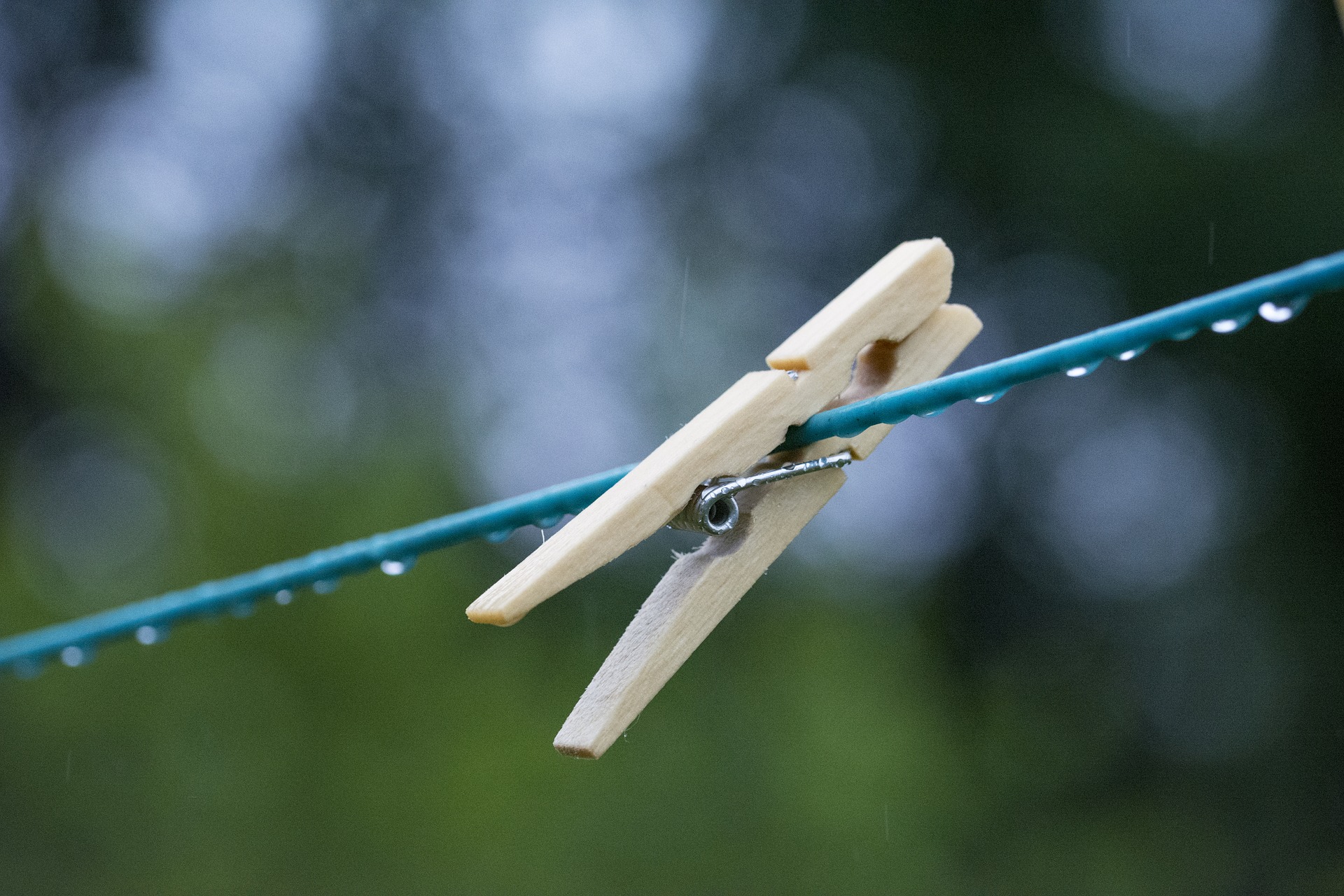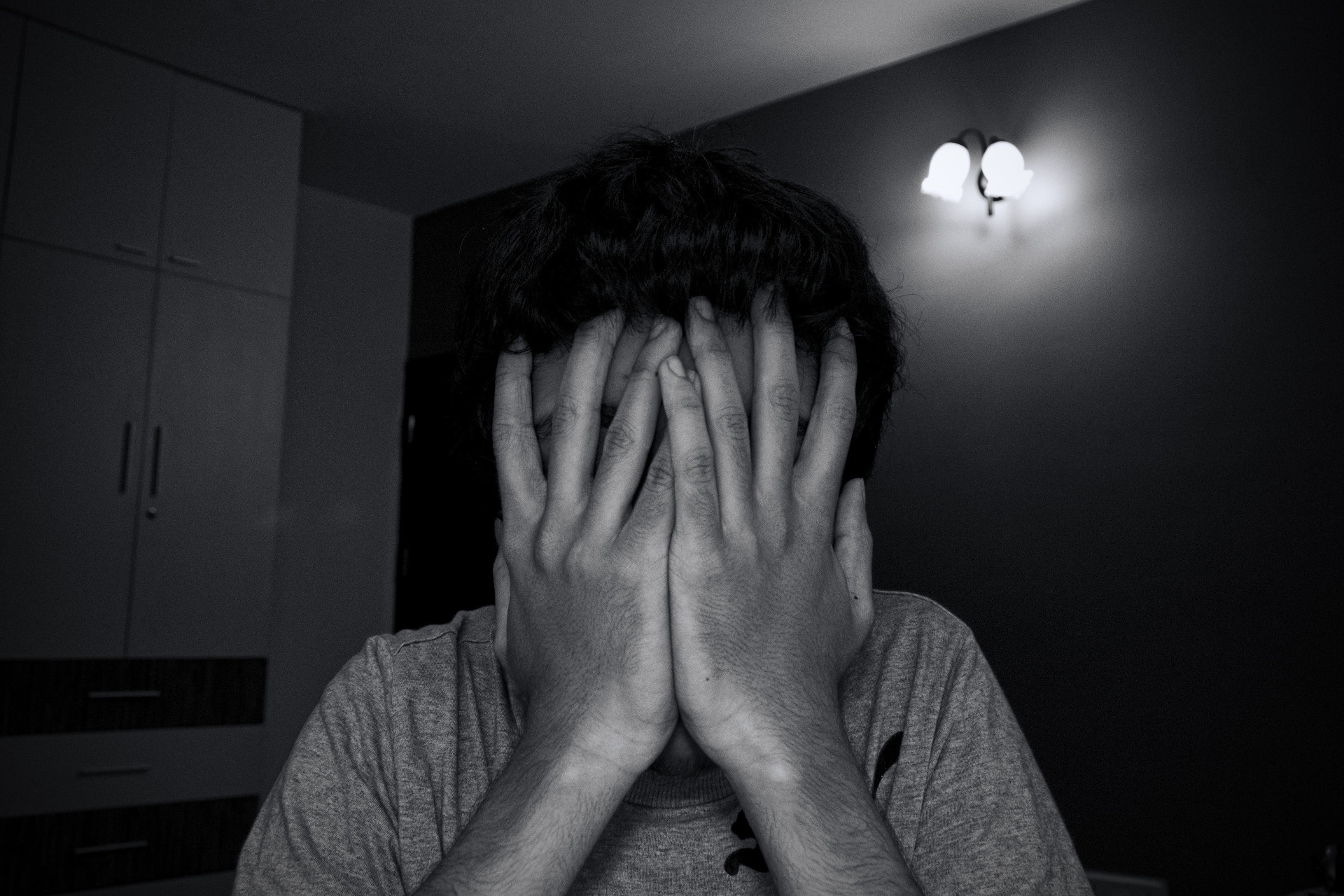
Every day thousands of teenagers wake up in fear and feel afraid to go to school because of getting bullied. Generally speaking, bullying is when one person is picked over and over again by another person or group that’s physically or socially stronger than the victim. In 2009, a study conducted by Cork City Comhairle na nOg concluded that 70 percent of teens have been bullied by words, emotions and exclusion tactics. More research on bullying shows that most teens are bullied either because of their appearance or their social status. These victims are picked by bullies because they are withdrawn, introverted and are unable to fit in well within an established social circle. Sometimes, victims are bullied based on their race, religion, and even sexual preferences.
Dealing with a bully as a parent
The first step as the parent of a bully is to understand and accept the fact that your child is harassing or abusing other children in school. If you don’t accept this fact, you’re never going to take steps to change it. This brings up a bunch of interesting questions - how do I know my child is a bully? Should I go by what others say? What are the signs I should look out for?
Ways to Identify the bullying behaviour
Well, to start off, it’s important to understand normal behavior from bullying. Here are some signs that could indicate you have a bullying teen at home.
- Frequent name calling and talking disrespectfully of others
- Bragging regularly, especially in front of peers
- Having a very unpleasant and hostile attitude
- Being a control freak
- Physical behavior towards younger siblings
- Lacking empathy
- Laughing when someone is hurt
- Finding it difficult to have friendships
- Having new possessions that clearly you’ve never bought. Also, vague explanations as to where they come from
- Having an aggressive attitude towards teachers and parents
- Feels violence is positive and necessary
- Breaking rules often and being defiant about it
- Hot tempered, grumpy and easily frustrated
These above signs are guidelines and can vary from teen to teen. If you use one or two signs in isolation, it could simply indicate teen behavior. But, if you notice a few more signs, especially a negative pattern, then your teen sure needs help.
Trying to understand the reasons:
If your teen falls into the bullying category, you’ll have to identify what’s wrong and why he or she is behaving this way. Some possible reasons could be,
- They’re looking to have a sense of power or control and want to get this gratification by dominating others.
- Your teens are being bullied elsewhere and want to take it on others
- They think bullying is ““normal”” because they’ve grown up seeing parents and other adults do it regularly
- May be they experience harsh and inappropriate discipline from parents and want to take it on others.
- They lack empathy and no effort was made to imbibe it in them.
- They come from a home where any problem is resolved in a verbally or physically abusive manner.
- Poor social skills and the lack of confidence to take on other children. So, bullying is often seen as a way of getting acceptance in school
- Learning disability and lack of parental support, so they don’t understand that they’re actually bullying others
- Close friends are bullies themselves, and your teen is simply looking to fit into that group.
Identifying the bullying behaviour and trying to gain understanding of the reasons behind it doesn’t amount to anything, unless we make an attempt to reduce or completely stop that.
Ways to make your teen unlearn the bullying behaviour
As a parent, you still exercise a lot of control over your teens. In most cases, they have a deep emotional connect with you, even if they don’t want to show it off. All this means, when you use the right strategies, you can definitely wean your teen away from this bullying behavior. Here are some strategies in this direction. You can use each of these strategies in isolation or in combination with others, just depends on what works best for you as a parent and your teen.
- Talk actively and explain what happens to the victims
- Bring in empathy and even teach if you have to. Take your teen to home shelters and other places that’ll make him or her appreciate the privileges and the life they have. In short, make them feel blessed for what they have
- Remain calm through the entire process because when you react, your teen will tend to do it more
- Reassure your teenager that you still love him/her and just want to help them become a responsible and empathetic adult
- Try different anger management strategies such as yoga and meditation to calm down your teen
- Establish consequences for bullying behavior. For example, you can cut back on pocket money or ground them for a week for every bullying incident. At the same time, encourage them to earn back their privileges through positive behavior
- Be the role model for empathy, kindness, calmness and understanding, so you can lead by example
- Try to involve the school counselors and teachers in the process because your teen does spend a major part of the day at school. Moreover, school is one place where the child has the maximum opportunities for social interaction. A concerted effort by the parents and the school authorities is more likely to result in positive outcome
- Take counseling help if you have to, especially if you think your teen is behaving violently
In short, it’s hard to be a parent of a bullying teen because our first instinct is always to say, ““it can’t be my child.”” But, if we go beyond this mental block and look for signs, we can definitely help our children to become empathetic and kind adults and also, save the negative consequences of bullying for the victims.
We hope the above pointers will help you to identify bullying behavior, understand the reasons and take corrective action at the earliest. After all its better to nip this behaviour at an early stage to save your teen from its long lasting psychological impact.
Happy Parenteen!


